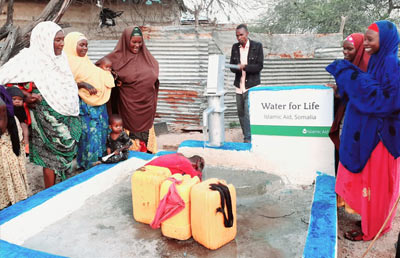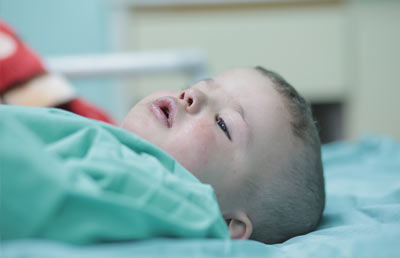EMPOWERING WITH CLEAN WATER
WATER FOR LIFE APPEAL
Millions of people living in the poorest areas of Asia and Africa have no source of clean water. Often they have to walk miles just to fill a bucket with dirty water from a pool sullied by animal waste and infected with disease. The lavae from flies in the water also carries the danger of blindness, diarrhoea and other serious illnesses.
HOW ISLAMIC AID PROVIDING CLEAN WATER TO THOSE IN NEED

We are Working to Provide Clean and Safe Drinking Water to Millions in Developing Countries
Islamic Aid recognizes that 1.4 billion people in developing countries lack access to clean and safe drinking water, and is committed to providing sustainable solutions to this critical issue.

We are addressing water stress in high-risk regions through sustainable solutions
Islamic Aid recognizes the importance of providing clean water to communities at risk of water stress. By 2030, regions like Pakistan, India, Middle East, and Northern Africa will face severe water scarcity due to climate change.

We are fighting waterborne diseases to save children’s lives from preventable deaths
Islamic Aid is committed to saving lives by providing access to clean water, as waterborne diseases remain a major threat to the health and wellbeing of millions of people, particularly children under the age of five.
Other poor areas in the world suffer from conflicts and natural disasters, with fresh water supplies often being the first to be destroyed, putting millions of lives at risk.
Clean water saves lives
Whether in emergencies or helping remote villages and communities, Islamic Aid is continually funding projects to create fresh water supplies, improve existing ones and provide better sanitation and hygiene facilities to help stop the spread of disease that puts so many people’s lives at risk.
We also have extensive health education programmes to promote good health and hygiene practices.
In emergencies, like the earthquake in Haiti, we rushed water purification kits to the area, helping to make dirty water safe to drink. And we installed large water tanks where people could come and fill their containers.
Providing long-term solutions
By improving the supply of fresh water, adequate sanitation and hygiene, we can reduce the risks from waterborne diseases. In addition, by reducing sickness and the time spent fetching water, we also help households to focus more on their ability to work and earn a living.
In remote rural communities we fund the construction of deep fresh water wells in the villages themselves. And we encourage the women to take an active role in overseeing the water and sanitation systems.
We also work with farmers to introduce effective irrigation for their fields, better water provision for their livestock and sustainable water conservation systems.
Please help us in this vital lifesaving work by supporting us today. Thank you.
Diarrhoea kills more children every year than AIDS, malaria and measles combined. (WHO)
884 million people across the world do not have access to clean water. This equates to nearly one in eight people worldwide. (WHO/UNICEF)
2.5 billion people do not have access to adequate sanitation. This equates to approximately two out of every five people across the world. (WHO/UNICEF)

